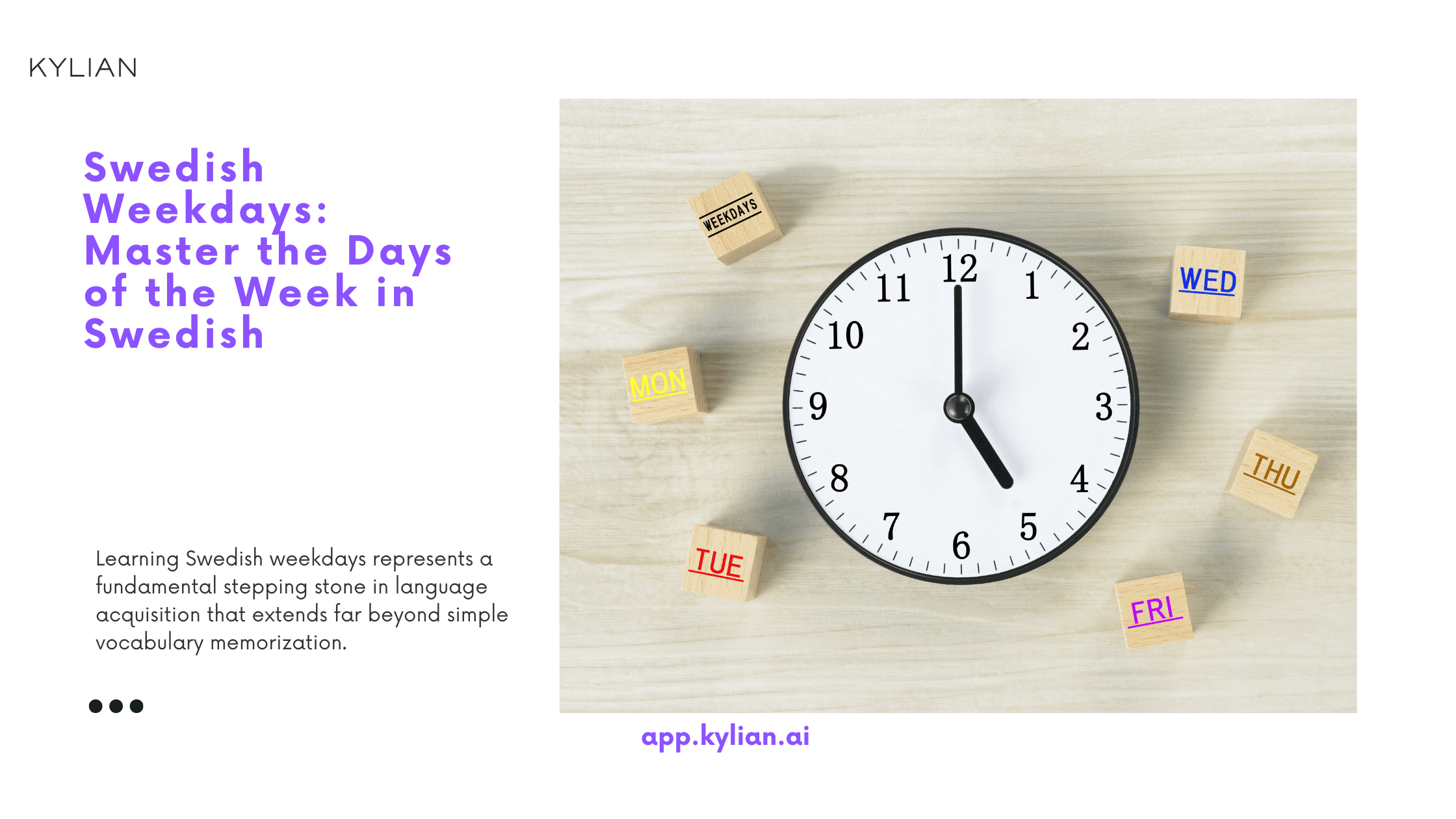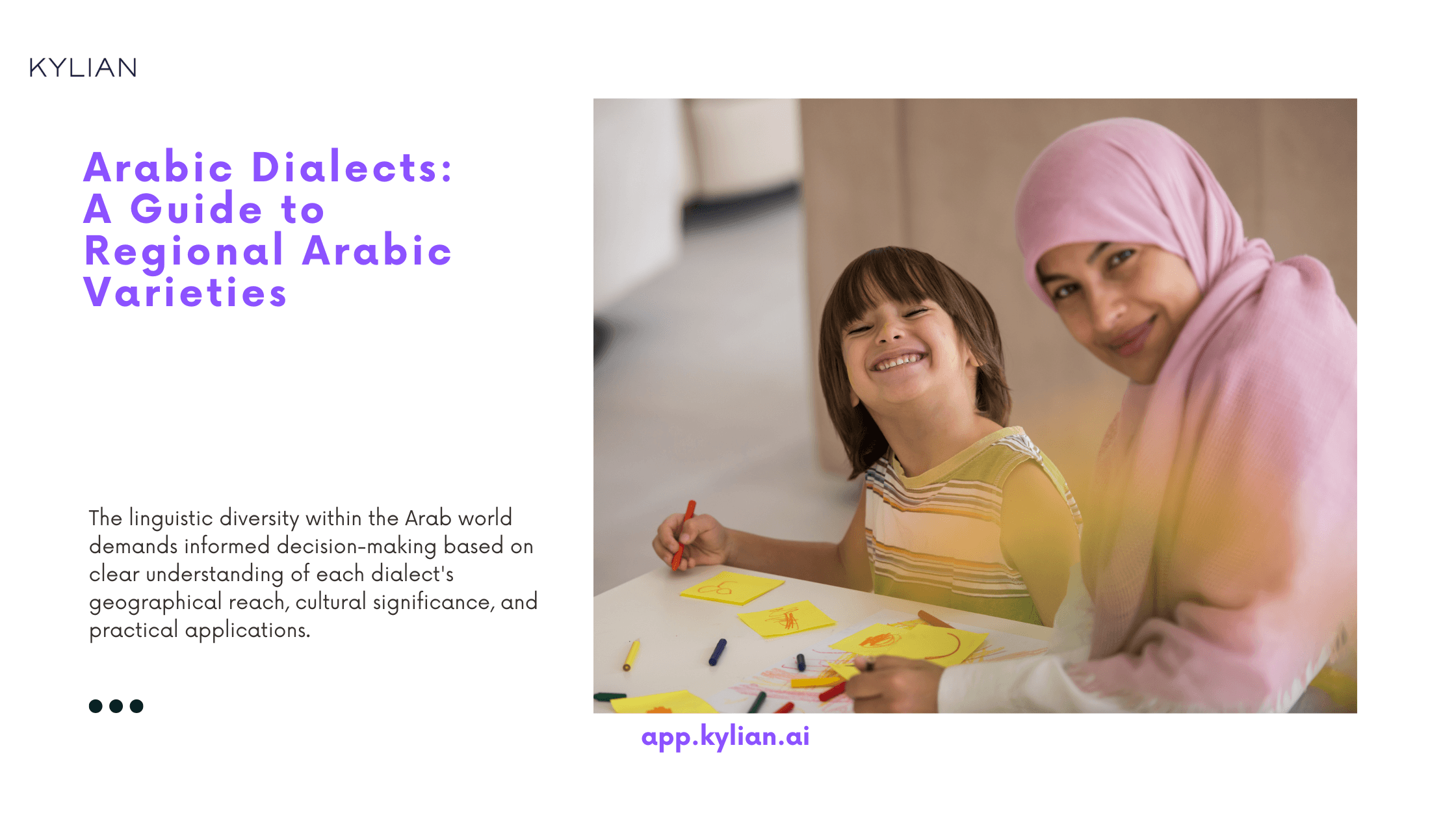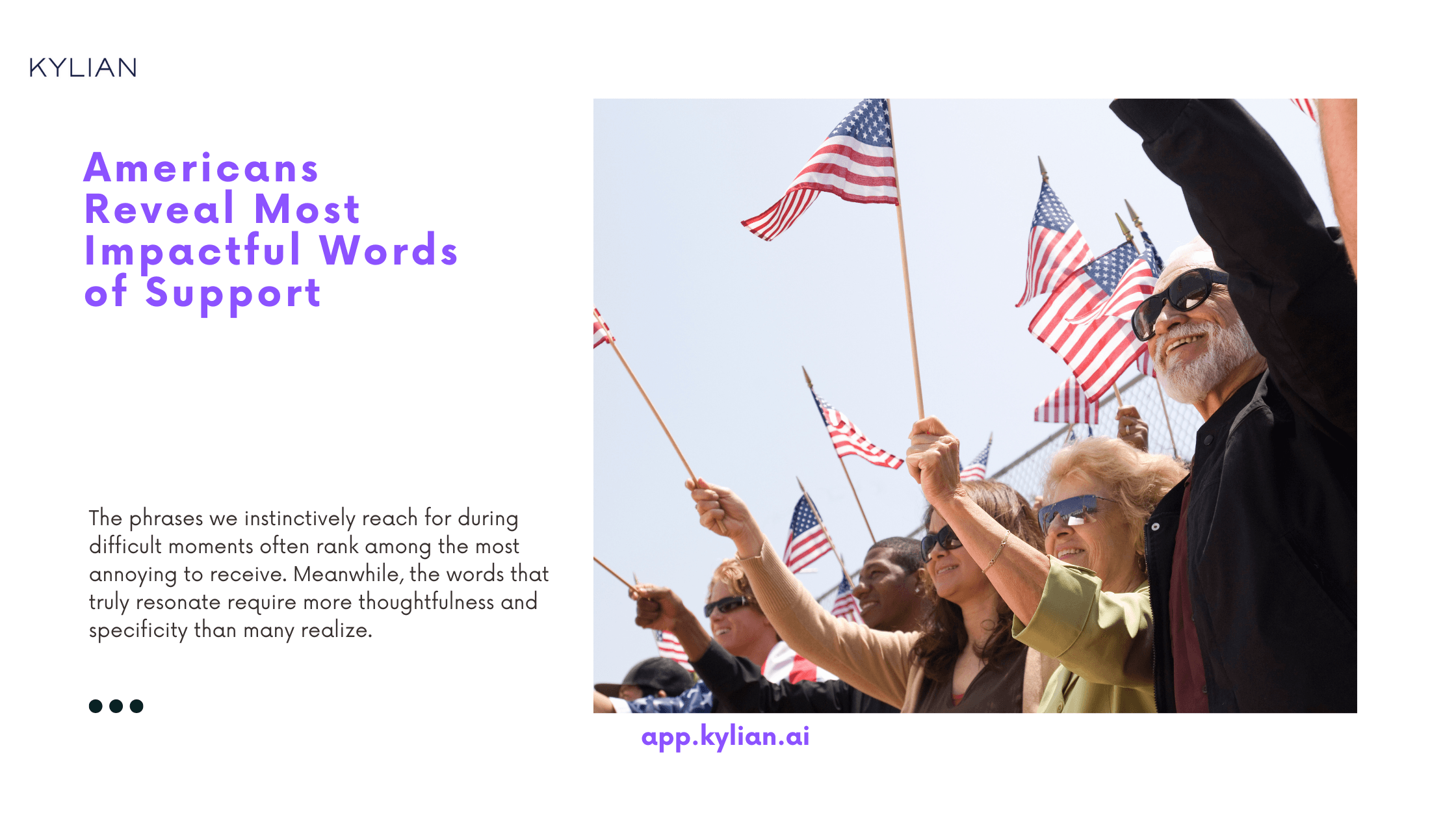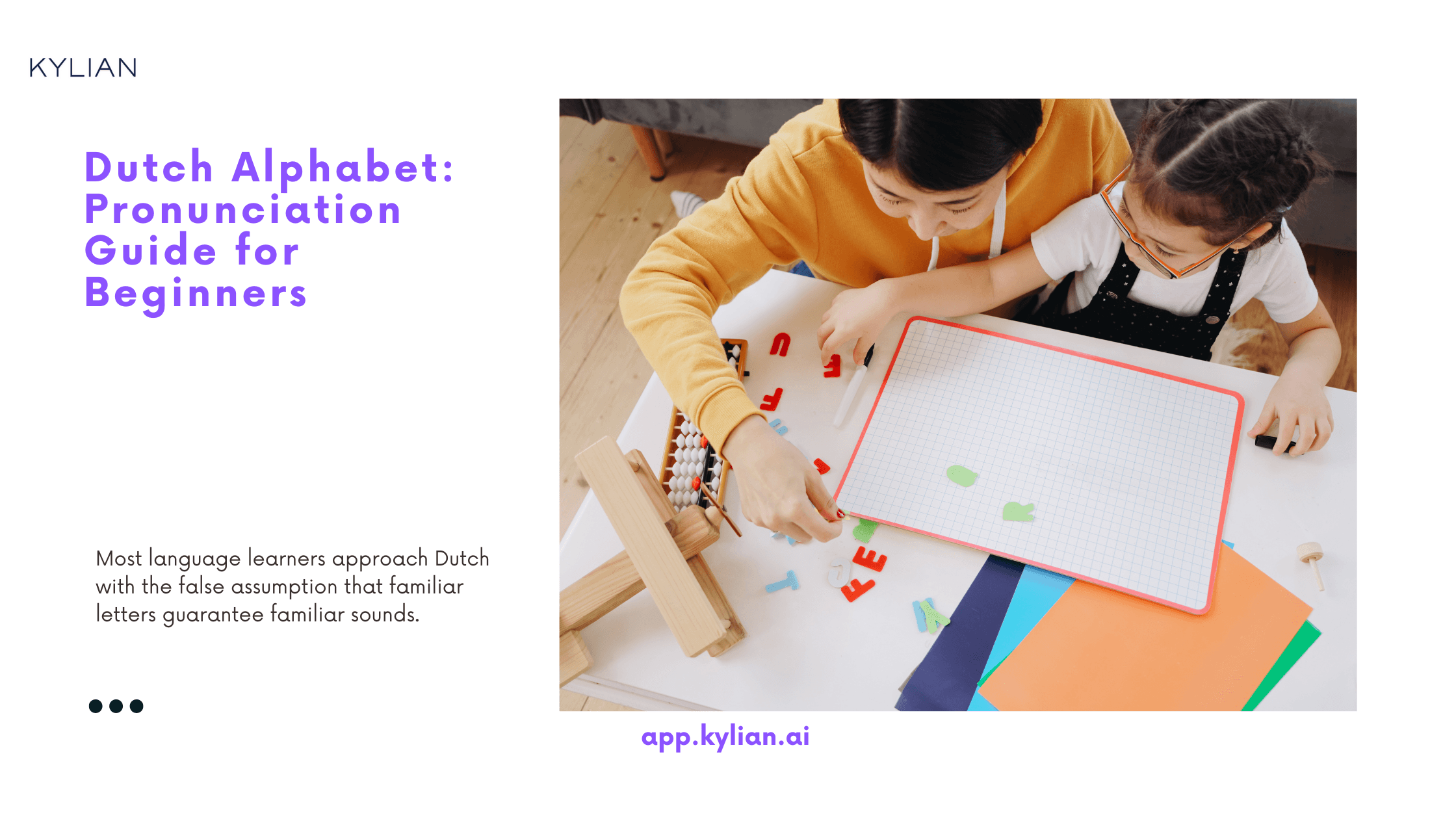

50 Useful Spanish Adjectives for Beginners
Mastering Spanish adjectives represents the difference between basic communication and nuanced expression. While verbs drive action and nouns provide substance, adjectives breathe life into language—transforming "casa" into "casa hermosa" or "problema" into "problema complicado." This fundamental shift from naming to describing marks a critical milestone in language acquisition. The strategic importance of prioritizing adjectives becomes clear when examining communication patterns. Native speakers don't simply state facts; they qualify, describe, and evaluate continuously. A Spanish learner who masters core adjectives gains immediate access to more sophisticated expression, moving beyond elementary phrase-book interactions to genuine communicative competence.


What's a Pussy Cat? Complete Guide in English
The term "pussy cat" carries multiple meanings that have evolved significantly across centuries of English usage. Understanding these variations matters because language precision directly impacts communication effectiveness, particularly for non-native speakers navigating cultural contexts where misinterpretation carries social consequences. This comprehensive analysis examines the etymology, contemporary usage patterns, and contextual applications of "pussy cat" across different English-speaking regions. The data reveals why this seemingly simple phrase requires nuanced understanding in modern communication.


How to Ask for a Person's Name in Spanish
Asking for someone's name represents the foundational social interaction that determines whether you'll build genuine connections or remain trapped in awkward linguistic limbo. This seemingly simple question carries profound cultural weight in Spanish-speaking communities, where the approach you choose signals your respect level, social awareness, and communication competence. The critical insight here: most Spanish learners fail not because they lack vocabulary, but because they misunderstand the contextual frameworks that govern name-asking protocols across different Spanish-speaking regions. This failure costs them authentic relationships and professional opportunities.


Swedish Weekdays: Master the Days of the Week in Swedish
Learning Swedish weekdays represents a fundamental stepping stone in language acquisition that extends far beyond simple vocabulary memorization. The seven days of the week appear in virtually every conversation about scheduling, planning, and daily life coordination. Understanding these terms with their pronunciation, etymology, and practical applications creates the foundation for effective communication in Swedish-speaking environments. Swedish weekdays follow a logical pattern rooted in Norse mythology and Germanic linguistic traditions. This systematic approach makes memorization more strategic than rote learning, as each day connects to historical and cultural contexts that reinforce retention. The weekday system in Swedish demonstrates how language preserves cultural memory while adapting to modern communication needs.
![The 20 Loudest Cities in the World [English]](/_next/image?url=https%3A%2F%2Fcdn.sanity.io%2Fimages%2F147z5m2d%2Fproduction%2Fa32d6163fc6153dbfc202356f48c721936509d74-2240x1260.png&w=3840&q=75)

The 20 Loudest Cities in the World [English]
Urban noise pollution has reached critical levels across major metropolitan areas, fundamentally altering how millions experience city life. Recent comprehensive analysis reveals which cities generate the most acoustic chaos—and the findings challenge conventional assumptions about urban livability. The data exposes a stark reality: noise pollution isn't merely an inconvenience but a measurable force reshaping urban environments. Cities once celebrated for their vibrancy now face scrutiny over their acoustic footprint, raising questions about sustainable urban development and quality of life.


How to Greet in Norwegian: Essential Hello Phrases
Mastering Norwegian greetings represents more than linguistic courtesy—it unlocks authentic cultural engagement that transforms superficial tourist interactions into meaningful local connections. The strategic importance of proper greetings in Norwegian culture cannot be overstated, particularly when understanding that Norway's communication patterns directly reflect their egalitarian social values and cultural authenticity. The critical question facing Norwegian language learners centers on cultural integration versus linguistic performance. While memorizing phrases serves basic communication needs, understanding the underlying social dynamics of Norwegian greetings creates sustainable relationship-building opportunities. This distinction matters because Norwegians prioritize genuine interaction over performative politeness, making authentic greeting patterns essential for meaningful cultural exchange. Norwegian greeting customs reveal a sophisticated balance between formality and accessibility, mirroring the country's approach to social hierarchy and interpersonal relationships. This cultural framework provides learners with strategic advantages when navigating professional, social, and casual environments throughout Norway.


Best Spanish Courses London 2025: Expert Analysis
London's Spanish language education landscape has evolved dramatically, with traditional classroom models giving way to hybrid approaches that prioritize measurable outcomes over pedagogical tradition. The question isn't whether you can learn Spanish in London—it's whether you can find instruction that matches your learning velocity and professional demands. After analyzing over 50 Spanish language providers across London, examining their methodologies, pricing structures, and student retention rates, five institutions emerge as category leaders. Each addresses specific learning contexts that matter in 2025: career advancement, academic preparation, family education, and conversational fluency for real-world application. The data reveals a striking pattern: providers that customize learning paths to individual objectives achieve 73% higher completion rates than those using standardized curricula. This insight drives our evaluation framework, focusing on providers that treat Spanish acquisition as a strategic skill rather than academic exercise.


11 Beach & Sea Idioms : Master Maritime Expressions
Maritime language permeates English conversation far beyond coastal communities. These nautical expressions carry weight because they tap into universal human experiences—the vastness of oceans, the unpredictability of tides, and our relationship with aquatic life. Understanding these idioms isn't just vocabulary expansion; it's cultural literacy that bridges formal education with authentic communication. The prevalence of sea-related idioms stems from England's maritime history and the fundamental role oceans play in human consciousness. When native speakers use these expressions, they're drawing from centuries of seafaring tradition embedded in the language. This linguistic inheritance matters because it reveals how deeply maritime metaphors shape our conceptual framework for describing life experiences.


Arabic Dialects: A Guide to Regional Arabic Varieties
The linguistic landscape of the Arab world presents a fascinating paradox: while Arabic serves as the official language across twenty-two nations spanning from Morocco to Oman, the reality on the ground reveals a complex tapestry of regional variations that can leave even seasoned linguists scratching their heads. This complexity matters more than ever as global connectivity increases business opportunities, cultural exchanges, and migration patterns across Arabic-speaking regions. Understanding Arabic dialects isn't merely an academic exercise—it's a strategic necessity for anyone seeking meaningful engagement with Arab cultures, whether for business expansion, diplomatic relations, or personal enrichment. The distinction between formal Arabic and its regional variants represents one of the most significant linguistic phenomena in the contemporary world, affecting over 400 million native speakers across two continents. The stakes are particularly high because choosing the wrong dialect can limit your communicative reach or cultural understanding. A business executive learning Moroccan Arabic for Gulf market expansion, or a diplomat studying Egyptian Arabic for Levantine negotiations, faces real consequences from these choices. The linguistic diversity within the Arab world demands informed decision-making based on clear understanding of each dialect's geographical reach, cultural significance, and practical applications.


Americans Reveal Most Impactful Words of Support
The language we choose in moments of struggle can either build bridges or create distance. Recent research analyzing nearly 1,000 Americans' experiences with supportive communication reveals a stark reality: while 42% of people share encouraging words daily, 60% find the support they receive feels hollow or insincere. This disconnect matters now more than ever. As workplace stress reaches unprecedented levels and personal relationships strain under modern pressures, understanding which words genuinely help versus those that inadvertently harm has become critical for leaders, colleagues, friends, and family members alike. The data exposes a fundamental gap between intention and impact. The phrases we instinctively reach for during difficult moments often rank among the most annoying to receive. Meanwhile, the words that truly resonate require more thoughtfulness and specificity than many realize.


Best Focus Music According to Spotify Data
Music shapes cognitive performance in ways that neuroscience is only beginning to understand. While the relationship between auditory stimuli and concentration has been studied extensively, real-world listening behaviors reveal patterns that laboratory studies often miss. Analysis of over 1,200 focus-oriented playlists and 182,000 songs on Spotify provides unprecedented insight into what actually helps people concentrate during work and study sessions. The data challenges conventional assumptions about productivity music. Popular genres like hip-hop, pop, and rock—despite their mainstream appeal—barely register in focus playlists. Instead, three distinct musical categories dominate: lo-fi/chillhop, electronic, and ambient music. This isn't coincidental. These genres share specific neurological properties that align with how our brains process concentration tasks. Understanding these patterns matters now more than ever. Remote work has fundamentally altered how people structure their acoustic environments. Without traditional office soundscapes, individuals must actively curate audio experiences that optimize cognitive function. The stakes are higher when your productivity depends on personal choices rather than environmental defaults.


America's Smartest CEOs: Intelligence Through Language
Corporate leadership demands intellectual agility that extends far beyond quarterly earnings and strategic pivots. The ability to articulate complex ideas, navigate nuanced conversations, and communicate with precision reveals cognitive depth that separates exceptional executives from their peers. Language serves as the most accessible window into executive intelligence. Unlike traditional IQ assessments or academic credentials, communication patterns during public engagements, earnings calls, and industry forums provide authentic glimpses into how leaders process information, structure arguments, and synthesize complex concepts under pressure. Recent linguistic analysis of over 100 American executives reveals striking patterns in how the most intellectually capable leaders communicate. By examining vocabulary sophistication, logical reasoning patterns, abstract thinking capabilities, and memory recall during extended public discourse, clear intelligence hierarchies emerge among America's corporate elite. This analysis matters now because executive communication has never been more scrutinized or consequential. Stakeholder capitalism demands leaders who can navigate complex ESG considerations, technological disruption, and geopolitical uncertainty while maintaining coherent strategic narratives. The executives who demonstrate superior cognitive abilities through their communication are positioning their organizations for sustained competitive advantage.


Norwegian Alphabet: Letters, Sounds, and Key Errors
Learning Norwegian requires mastering its unique 29-letter system that extends beyond English conventions. The Norwegian alphabet introduces three distinctive vowels—æ, ø, and å—that fundamentally alter pronunciation patterns and meaning construction. Understanding these elements determines whether you communicate effectively or create confusion through mispronunciation. The challenge extends beyond memorizing additional letters. Norwegian phonetic patterns operate differently from English, creating systematic pronunciation rules that demand precision. Small vowel variations completely transform word meanings, making accuracy essential rather than optional. This systematic approach to alphabet mastery provides the foundation for authentic Norwegian communication.


Languages Without Borders: Why Americans Prefer Subtitles
The Academy Awards moment when Bong Joon-ho declared that overcoming "the one-inch-tall barrier of subtitles" would unlock countless amazing films wasn't just poetic—it was prophetic. That barrier has crumbled faster than anyone anticipated, fundamentally reshaping how Americans consume foreign content and challenging decades-old assumptions about accessibility and authenticity in media. The data reveals a seismic shift that demands examination: 80% of Americans now prefer subtitles over dubbed audio when watching foreign content. This isn't merely a preference—it's a cultural evolution that signals deeper changes in how we value authenticity, engage with language learning, and navigate an increasingly globalized entertainment landscape.


Czech Alphabet: Complete Beginner's Guide to 42 Letters
Learning Czech starts with understanding its unique alphabet system. While most Slavic languages present formidable barriers through Cyrillic scripts, Czech offers English speakers a strategic advantage: it uses Latin characters enhanced with diacritical marks. This fundamental difference transforms what could be an overwhelming linguistic challenge into a systematic learning opportunity. The Czech alphabet's 42-letter system represents more than just expanded character recognition—it embodies a phonetic precision that English lacks. Every symbol corresponds to exactly one sound, creating a linguistic framework where reading proficiency directly translates to speaking accuracy. This predictable relationship between written and spoken Czech eliminates the guesswork that plagues English pronunciation. Understanding why this matters requires examining the broader context of language acquisition. Traditional alphabet learning focuses on memorization without strategic thinking. Czech alphabet mastery demands a different approach: recognizing patterns, understanding systematic sound changes, and leveraging the language's inherent consistency to accelerate comprehension.


Business English for Beginners: Tips and Strategies
Mastering Business English isn't just another professional skill—it's the foundation that determines whether you communicate with authority or apologize for your limitations. The difference between professionals who advance rapidly and those who plateau often comes down to their ability to articulate ideas, influence decisions, and build relationships through precise, confident English communication. This comprehensive guide provides actionable strategies for developing Business English proficiency that directly impacts your career trajectory. We'll examine essential vocabulary frameworks, communication methodologies, and practical applications that deliver measurable results in professional environments.


5 Best Movies to Learn Spanish: A Data-Driven Guide
Language acquisition through cinema isn't just entertainment—it's neuroscience in action. When your brain processes visual context alongside auditory input, retention rates increase by 65% compared to traditional textbook methods. This isn't wishful thinking; it's cognitive science validated by decades of research in second language acquisition. The question isn't whether movies help you learn Spanish. The question is which movies deliver the highest return on your learning investment.


10 Best Online Spanish Classes and Courses 2025
Learning Spanish has become a strategic necessity rather than just a cultural pursuit. With over 500 million Spanish speakers worldwide and Spanish being the second most spoken language globally, the demand for quality online Spanish education has reached unprecedented levels. Recent linguistic research demonstrates that digital Spanish learning platforms achieve comparable proficiency outcomes to traditional classroom instruction, but with significantly greater accessibility and cost efficiency. The challenge isn't finding Spanish courses online—it's identifying which platforms deliver measurable results. After analyzing dozens of programs based on methodology effectiveness, learning outcomes, cost-benefit ratios, and user retention rates, we've identified nine platforms that consistently produce fluent Spanish speakers.


Korean Family Terms: Address Relatives Correctly
Language shapes relationships, and nowhere is this more evident than in Korean family terminology. The Korean language's intricate system of family address terms reflects centuries of Confucian values, social hierarchy, and cultural nuance that extend far beyond simple vocabulary—they represent a roadmap to understanding Korean society itself. Why does mastering Korean family terms matter now? As Korean culture gains global prominence through K-dramas, K-pop, and business partnerships, the ability to navigate these linguistic subtleties has become essential for meaningful cross-cultural communication. These terms aren't just words; they're cultural codes that unlock respect, understanding, and genuine connection with Korean speakers. The stakes are higher than most language learners realize. Misusing family terms can signal cultural insensitivity, while proper usage demonstrates deep respect for Korean values. This distinction often determines whether you're perceived as a cultural outsider or someone who truly understands Korean society.


Portuguese Animal Names: A Linguistic Journey
Portuguese extends across continents, carrying with it the names of creatures that have shaped cultures from Brazil's Amazon rainforest to the shores of Mozambique. These animal names serve as linguistic bridges, connecting speakers to ecosystems that harbor over 125,000 species across Portuguese-speaking territories. Understanding animal vocabulary in Portuguese means accessing more than translation—it means grasping cultural nuances embedded in language evolution. When Portuguese speakers distinguish between "tartaruga" (sea turtle), "jabuti" (land turtle), and "cágado" (freshwater turtle), they demonstrate how language adapts to environmental specificity that matters for survival and cultural identity. The linguistic precision found in Portuguese animal names reflects centuries of human-animal interaction across diverse biomes. From the Cerrado's grasslands to Angola's savannas, Portuguese speakers developed vocabulary that captures biological and cultural significance simultaneously.


Dutch Alphabet: Pronunciation Guide for Beginners
Most language learners approach Dutch with the false assumption that familiar letters guarantee familiar sounds. This misconception costs beginners months of mispronunciation and creates fossilized errors that become increasingly difficult to correct. The Dutch alphabet contains the same 26 letters as English, yet produces sounds that can fundamentally alter meaning when mispronounced. Understanding Dutch pronunciation from the foundation level isn't just about sounding more authentic—it's about preventing communication breakdowns that occur when vowel length distinctions and consonant modifications change word meanings entirely. The data reveals a clear pattern: learners who master phonetic fundamentals within their first three months achieve significantly higher fluency rates than those who focus solely on vocabulary acquisition. This systematic approach to Dutch pronunciation addresses the specific phonetic challenges that cause 80% of beginner pronunciation errors, providing you with the acoustic awareness necessary for meaningful progress.


How to Say Hello in Polish: 10 Useful Greetings
Mastering Polish greetings transforms surface-level interactions into genuine cultural connections. The difference between a tourist fumbling through basic pleasantries and someone who understands Polish social dynamics often comes down to choosing the right greeting at the right moment. Polish greeting customs reveal deeper cultural values about respect, hierarchy, and relationship building. When you address someone with the appropriate level of formality, you're not just exchanging words—you're demonstrating cultural awareness that Polish speakers immediately recognize and appreciate. This recognition opens doors to more authentic conversations and relationships. The strategic value of learning these greetings extends beyond politeness. Each greeting carries specific social signals about your relationship with the speaker, the context of your interaction, and your understanding of Polish social norms. Getting this right from the first exchange establishes credibility and respect that benefits every subsequent interaction.


Rob vs Steal: The Definitive English Grammar Guide
Understanding the precise distinction between "rob" and "steal" represents a critical milestone in English fluency. These verbs create confusion because they describe illegal acts of taking property, yet their grammatical structures and contextual applications diverge significantly. Why does this matter now? Because misusing these terms signals incomplete command of English fundamentals, undermining professional communication and academic credibility.


Portuguese Greetings: Complete Guide for Beginners
Portuguese greetings reveal cultural sophistication that extends far beyond simple word exchange. When you understand the intricate system of Portuguese salutations, you unlock access to authentic conversations with over 280 million native speakers across Brazil, Portugal, and eight other Portuguese-speaking nations. The distinction matters because Portuguese greeting conventions operate on multiple dimensions simultaneously: temporal awareness, social hierarchy recognition, and regional cultural sensitivity. This complexity transforms basic interactions into meaningful cultural exchanges that either open doors or create barriers depending on your execution. Why does this matter now? The global Portuguese-speaking community represents the world's sixth-largest language group, with Brazil alone accounting for the eighth-largest economy globally. Professional opportunities, travel experiences, and personal relationships increasingly require nuanced cultural competence rather than basic vocabulary memorization.